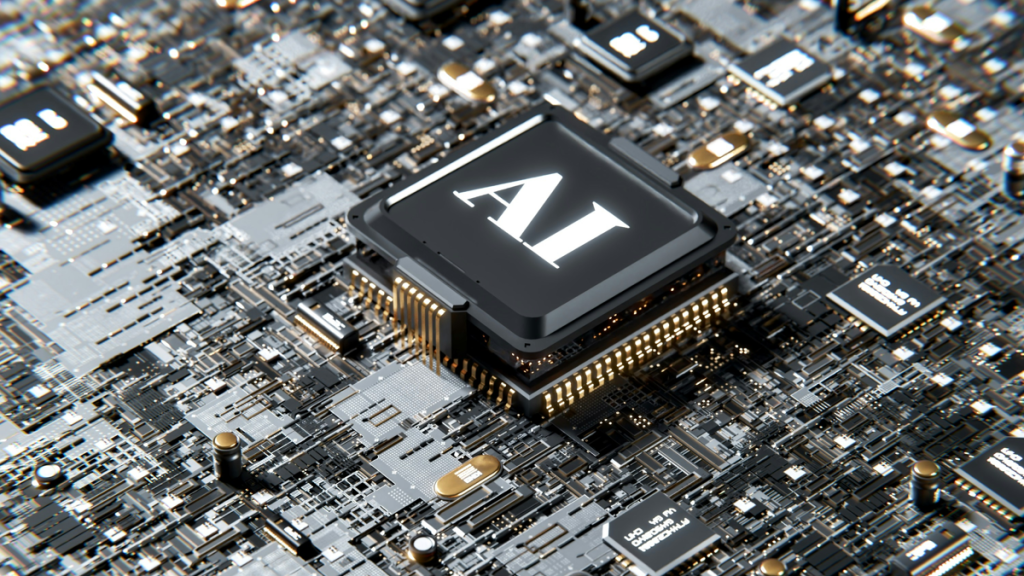
US Appeals Court Confirms: AI-Generated Works Not Eligible for Copyright Protection
A federal appeals court has unanimously ruled that AI-generated works cannot receive copyright protection in the United States if created without human involvement.

US Court: AI works not copyrightable
The case centered around computer scientist Dr. Stephen Thaler's "Creativity Machine," an AI system that generated an artwork titled "A Recent Entrance to Paradise." Thaler attempted to copyright the image with his AI listed as the sole author, but the US Copyright Office rejected the application.
The Copyright Office's decision was based on the fundamental requirement that copyrightable works must be authored by humans. After Thaler's initial challenge was rejected by the US District Court for the District of Columbia, he appealed the decision, leading to the current ruling.
Circuit Judge Patricia A. Millett emphasized that the Copyright Act of 1976 explicitly requires human authorship for eligible works. While the Copyright Office does allow registration of works where humans use AI as a tool, the critical factor is human creative involvement. In Thaler's case, listing AI as the sole author disqualified the work from protection.
The ruling aligns with previous copyright decisions, such as the case where a monkey's selfie was deemed uncopyrightable. As technology evolves, any changes to copyright protection for AI-generated works would require Congressional action rather than judicial interpretation.

Two Gibson and Dean guitars displayed
The decision maintains the long-standing principle that copyright protection is designed to protect human creativity, even as AI technology continues to advance in creative capabilities.
Related Articles
Brazilian Streaming Fraud Scheme Uncovered: 28 Million Fake Plays Lead to Arrest
